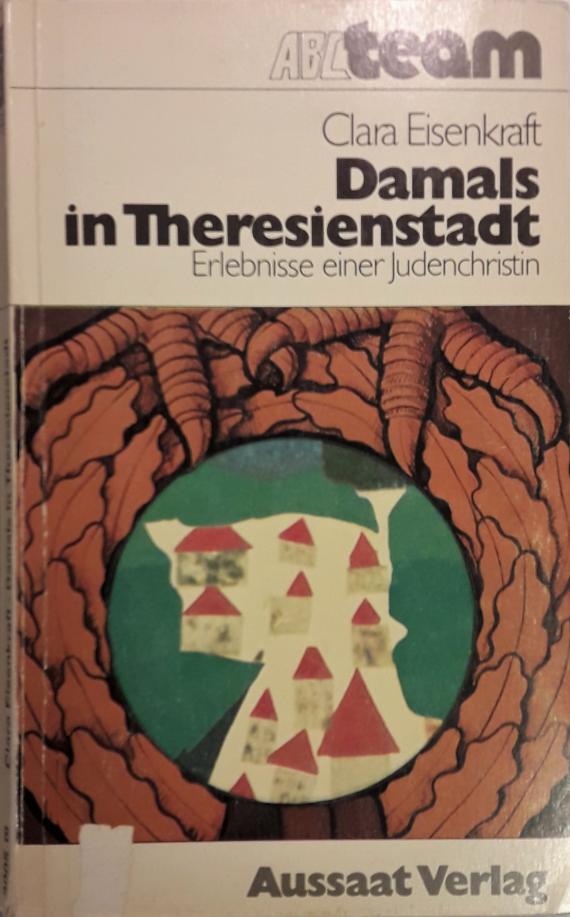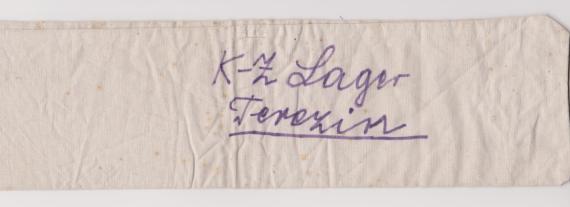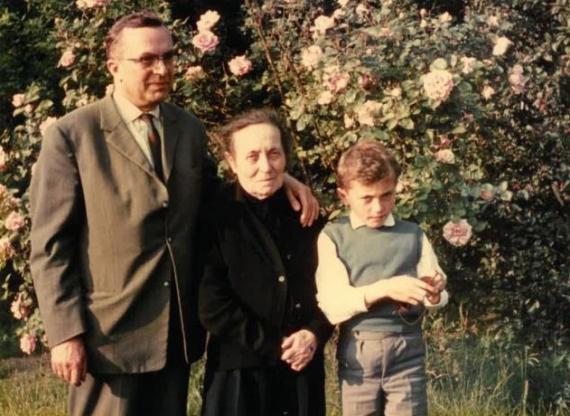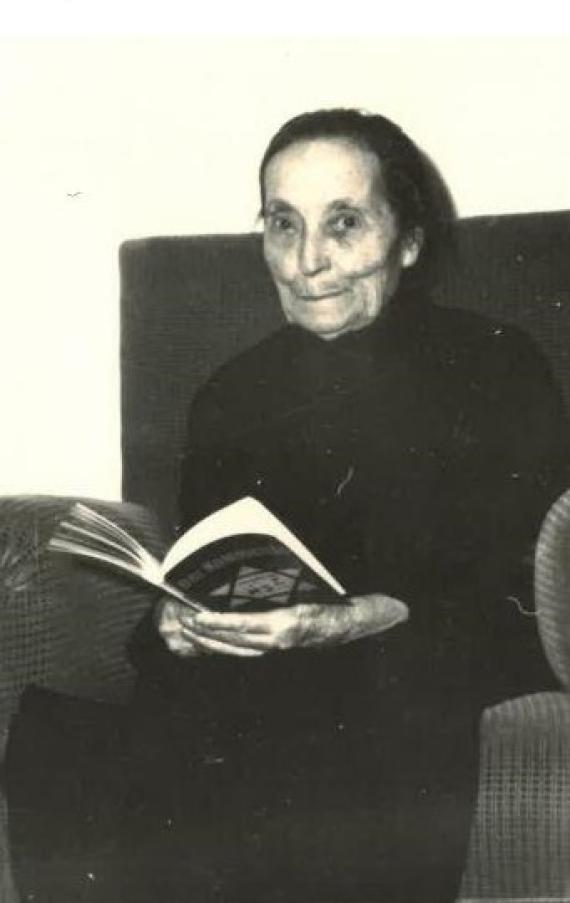Kermannstraße 11
07973 Greiz
Germany
Between 1921 and 1926 Klara and Max Spaleck moved from Kermannstra;e 2 to number 9. Here was the factory for weaving machines inherited from Max Spaleck and the couple lived in an apartment über the company. On May 15, 1933, Max Spaleck died at the age of 52 after a heart attack. His son Siegfried became the owner of the company at the age of 23 and broke off his engineering studies at the Technical University of Dresden prematurely. Mrs. Spaleck and her two children Siegfried and Elisabeth continued to run the factory. Since Klara Spaleck spoke several languages, she took care of the company's export business.
After Klara Spaleck spent a night in Weimar during the November pogrom on November 9, 1938, she was arrested. November 1938 one night in Weimar was taken into custody, she withdrew the next day from the business management and ütransferred her property to her daughter Elisabeth. Her passport was confiscated by the Gestapo. On January 10, 1944, the Gestapo brought Mrs. Spaleck to the Greizer Landgericht. On January 12, 1944, she and 23 other people were deported by train (transport number XVI/3) from Weimar to Theresienstadt. She was assigned the identification number 20 After the liberation of Theresienstadt, Klara Spaleck returned to Greiz together with Mrs. Margarete Dietsch / Dietzsch on June 14, 1945. After their deportation, Mrs. Spaleck's son was taken to the Weißfels penal camp (Organization Todt) to work there. Like many Jewish relatives, he was to be physically humiliated there after verbal hostility and belittlement. In 1948 the family lived again in Greiz at the address Kermannstraße 11. In 1949 übersied Mrs. Spaleck and her children to the Westmünsterland to Bocholt.
Klara Spaleck later wrote a book üabout her experiences („Damals in Theresienstadt – Erlebnisse einer Judenchristin“), which was published in 1977, five years after her death, by her daughter under her mother's maiden name (Eisenkraft).





Add new comment